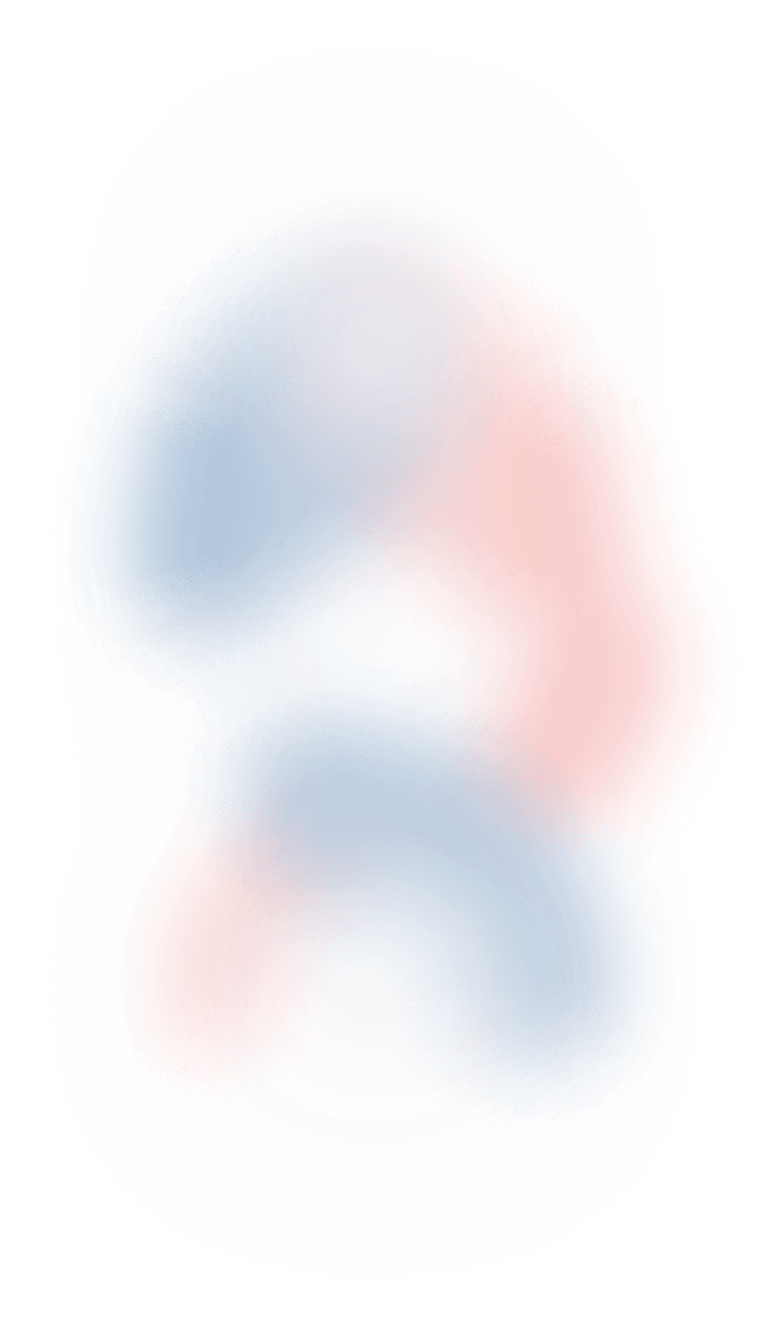Delaware cannabis law
| Medical patients | 6 oz |
| Recreational users | 1 oz 12 g concentrate, 750 mg of THC edibles |
| Medical patients | 0% |
| Recreational users | 15% |



Do I qualify?


Concise guide to Delaware's medical marijuana laws
- Alzheimer’s disease
- Amyotrophic Lateral Sclerosis
- Anxiety**
- Autism (pediatric autism and/or autism with aggressive or self-injurious behaviors)
- Cachexia
- Cancer
- Chronic pain (that has not responded to previously prescribed medication or surgical measures for more than three months)
- Cirrhosis
- Epilepsy
- Glaucoma
- HIV/AIDS
- Intractable epilepsy*
- Migraine
- Nausea
- Post-traumatic Stress Disorder (PTSD)
- Seizures
- Severe and persistent muscle spasms (including those characteristic of multiple sclerosis)
- ++Any other medical condition for which “the patient is likely to receive therapeutic or palliative benefit from marijuana.”
- +++Those ages 65 or older may self-certify for a registration card absent a doctor’s recommendation.
*If the qualifying patient is younger than 18 years of age, the recommending physician must be a pediatric neurologist, pediatric gastroenterologist, pediatric oncologist or pediatric palliative care specialist. Adolescent patients are only permitted to possess oils containing at least 15 percent CBD (and no more than 7 percent THC) and/or oils containing 15 percent THC acid (and no more than 7 percent THC).
**Qualifying patients must possess a specific registry card identifying them as ‘CBD-rich’ patients. Varieties of cannabis which may be obtained by patients with this card are limited to those dominant in CBD and low in THC. (For more information, click here)
Six ounces
No
Yes
Yes
29,039
Source: Delaware Health and Social Services, as of September 2023
Yes
Yes
Delaware Health and Social Services
Division of Public Health
Apply for your medical cannabis card in Delaware

Detailed overview of Delaware medical marijuana regulations
Possession limits for medical cannabis patients in Delaware
According to the Delaware Medical Marijuana Act, the purchase limit for medical marijuana patients is 3 ounces of usable marijuana every 14 days or 6 ounces of usable marijuana per month. The caregiver can also purchase this same quantity as long as they hold the identification card.
Medical marijuana patients can possess up to 6 ounces of medical marijuana at a time. Caregivers can also possess up to 6 ounces of marijuana per patient, with a limit of five patients.
Patients are not allowed to sell or distribute the medical cannabis that they received for treatment, as this can attract charges of possession with the intent to distribute.
It’s important for medical marijuana patients and their caregivers to remain updated with the purchase and possession limits in Delaware. This allows them to stay legally compliant.
Cultivation and responsible use of medical cannabis in Delaware
The cultivation of marijuana for medical and recreational purposes is strictly prohibited in Delaware. This restriction applies to medical marijuana patients, caregivers, and licensed dispensaries.
It’s essential to avoid any form of marijuana cultivation outside the state-regulated system as this is considered illegal. All medical marijuana patients must purchase their cannabis from the state-licensed dispensaries. However, dispensaries are not allowed to cultivate and can only obtain cannabis from state-regulated sources.
To be allowed to cultivate cannabis in Delaware, you need to apply for a Cultivation Facility License. The cultivation license costs between $2,500 and $10,000 biennially, depending on the facility size. Other Delaware cannabis licenses include:
- Retail license: $10,000 biennially
- Testing license: $10,000 biennially
- Product manufacturing license: $10,000 biennially
Primary caregiver responsibilities and considerations in Delaware
Only the medical marijuana patient and the authorized caregiver of the patient is allowed to purchase, possess, and administer the legal amount of cannabis in Delaware. Minors and housebound patients are permitted to select caregivers to access medical cannabis in the state.
The caregiver is an individual selected by the qualifying patient and is authorized to purchase, possess, and administer the state-allowed amount of medical marijuana to the patient. The designated caregiver represents the patient.
In Delaware, caregivers can have up to 5 patients, but they must have an ID for each patient. The Delaware medical marijuana program does not assign caregivers to patients, so it’s the responsibility of the patient to present a qualified caregiver.
Caregivers need to apply for a medical cannabis registry identification card. They also receive a Delaware and United States background check, valid for three years, and pay a $50 processing fee. It’s essential to note that it’s illegal for caregivers to use the medical marijuana that they purchased for their patients. A caregiver can be registered as a medical marijuana patient.
To qualify for the position of a primary caregiver, the Delaware Medical Marijuana Act requires you to:
- Be at least 21 years old, except if you are the parent or legal guardian of the qualifying patient.
- No convictions of special felony offenses under the medical marijuana act.
- Willingly assist the patient in the use of medical marijuana.
- Assist only five patients or less with medical marijuana use.
- Be a Delaware resident with proof of residency.
The main task of a medical marijuana caregiver in Delaware is to take care of the qualified patient and ensure that the medical cannabis is being used safely. The caregiver is authorized to buy, transport, possess, and administer the cannabis on behalf of the medical marijuana cardholder.
Caregivers are required to remain updated with the relevant laws in Delaware. This allows them to comply with them, ensure the necessary documents are up to date, and avoid implicating the patient. Also, caregivers should focus on confidentiality when dealing with patient information, except when allowed by the patient.
Medical cannabis for veterans in Delaware
Veterans who will benefit from medical marijuana treatment due to their physical and mental health conditions can receive a medical marijuana card in Delaware. Delaware does not have any restrictions against veterans who require medical cannabis as a treatment option.
- Veterans can apply for a medical marijuana card just like any other qualifying patient in Delaware. They are subject to the same laws on the purchase, possession, and responsible use of medical cannabis.
- Under the Department of Veterans Affairs, marijuana is a Schedule One controlled substance, as it remains illegal under federal law. VA healthcare practitioners are not allowed to recommend or assist veterans in receiving medical cannabis treatment. But, using medical marijuana does not take away a veteran’s benefits with the VA.
- Veterans with low incomes can apply with a Low Income Charge Form. This is suitable for applications with a gross household income at or below $138%, reducing the application fee to $25.
- Delaware medical marijuana law does not specifically outlaw MMJ cardholders from using firearms, but it remains illegal to own a gun under federal law as a marijuana user.
At Dr. Weedy, we focus on providing support to veterans who need medical marijuana treatment. We proudly provide exclusive discounts to veterans who would benefit from a medical marijuana card, allowing them to receive quality and affordable medical care. Learn more about our veteran’s discount program here.
Access to marijuana treatment for people with disabilities in Delaware
In Delaware, medical marijuana patients whose physical and mental disabilities limit them from freely purchasing, transporting, possessing and properly administering medical cannabis can appoint a caregiver to represent and assist them. Dr. Weedy provides patients with a convenient online platform, which makes it easy for individuals with disabilities to apply for and receive their medical marijuana cards.
In order to provide equal access to medical cannabis for all patients requiring treatment, we ensure that the certification process is 100% remote. You can complete the physician consultation through telemedicine and apply using the Delaware Medical Marijuana Program website. All of this is done from the comfort of your home. Meanwhile, your caregiver will assist with the purchase and administration of the marijuana.
Medical marijuana reciprocity and access for non-residents in Delaware
A medical marijuana reciprocity program occurs when a state allows individuals from other states to purchase medical cannabis with their medical card. It provides access to out-of-state patients who need medical cannabis. Delaware medical marijuana dispensaries allow out-of-state medical marijuana patients to make purchases.
If you’re an out-of-state patient, you can visit a Delaware dispensary. You will be given a QR code to scan, which opens a web page to complete the out-of-state application. Next, upload a picture of your medical marijuana card and your state driver license, and make the necessary payment.
Now, you can download the out-of-state ID card and use it to make a purchase. The card would have the same expiry date as your current medical marijuana card.
Diagnosis and medical marijuana treatment for PTSD and chronic pain in Delaware
One of the concerns that patients have when applying for a medical marijuana card in Delaware is whether they can receive treatment for PTSD or chronic pain. Delaware has 17 qualifying medical conditions that patients must have to receive an MMJ card, and they include PTSD and chronic pain.
- PTSD: Post Traumatic Stress Disorder, is one of the qualifying medical conditions for adults (18+) under the Delaware Medical Marijuana Act. It is a medical disorder that occurs in patients who have witnessed or experienced a traumatic event. Patients with symptoms of PTSD are unable to recover from this trauma and can consider medical marijuana as a treatment option. Consider discussing the possibility of medical cannabis treatment with a Delaware physician.
- Chronic Pain: Severe and debilitating pain as a disease, medical condition or side effect of a treatment can cause an adult patient to qualify for a medical marijuana card in Delaware. Minors with persistent and painful muscle spasms can also qualify for the MMJ card. If standard medical treatments don’t alleviate the pain, patients can consider consulting a licensed physician to determine their eligibility.
THC limits for medical marijuana products in Delaware
Medical marijuana products in Delaware are more potent than those for recreational use because they have a higher THC-CBD limit. Licensed dispensaries cannot sell medical marijuana that surpasses the THC limit.
For recreational marijuana, adults who are 21 years of age or older can only possess and consume products with 750 grams or less of delta-9 THC. However, medical marijuana products can surpass this limit.
Adolescent patients can only possess oils that contain at least 15% CBD and no more than 7% THC or more, and/or oils that contain 15% THC acid and 7% THC or more.
Employment protections for medical marijuana patients in Delaware
According to Section 4905A of the Delaware Medical Marijuana Act, employers must not discriminate against a medical marijuana cardholder in hiring, termination, or any other employment condition. The only exception is if failure to do so causes the employer to lose benefits under federal law, financial or licensing-related.
Employers are also prohibited from refusing to hire an applicant or firing an employee because of a positive drug test for marijuana. However, employees are not allowed to use, possess, or be impaired in the workplace premises or during working hours due to marijuana.
























